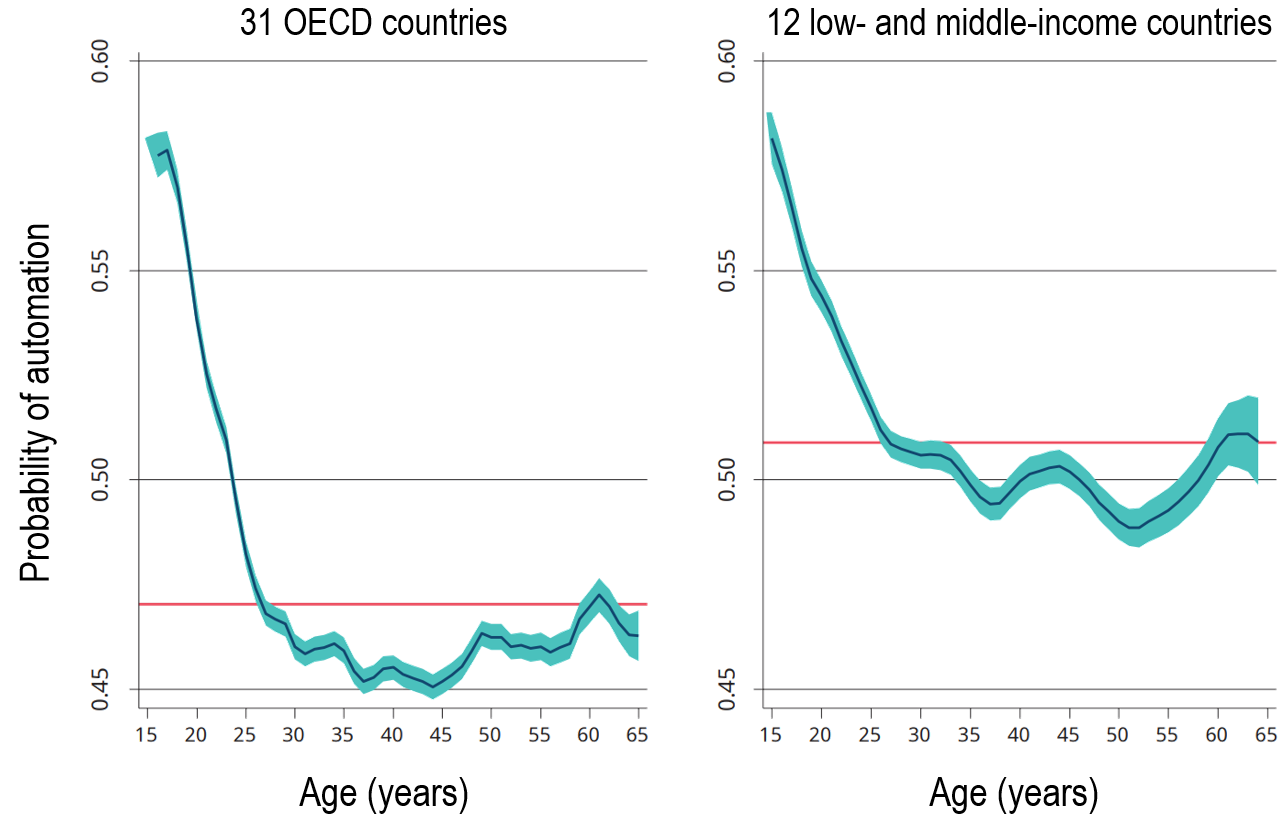When a crisis hits, the most vulnerable groups are the worst affected. The youth population is one such group. While the novel coronavirus does not discriminate against its victims, young people are more likely to disproportionately suffer from its social and economic impacts.
Securing employment and a smooth transition into decent work for a growing youth population is a pressing challenge on its own. As of 2019, 267 million young people worldwide, one-fifth of all youth, were not in employment, education or training, according to the . Even during economic upswings, young people that enter the labour market face significant challenges owing in part to the lack of jobs that match their skills, outdated skills that do not address the labour demand, and a lack of knowledge on where and how to look for a job. Before the coronavirus epidemic, many young people were at risk. For them, these challenges might turn into insurmountable barriers in the months to come. The ILO estimates that the expected global economic recession will destroy millions of jobs, comparable or above the impact of the global economic and financial crisis when youth unemployment alone rose from 73 to 81 million from 2007 to 2009.

In sum, while the loss of incomes and jobs brought about by this global health emergency and impending recession is going to affect everyone irrespective of age, young people are more likely to feel the pinch harder. As world-leaders and legislators are drawing up unprecedented stimulus packages, adequate and timely counter-cyclical policies to stabilise their economies, they need to specifically support those most vulnerable, including young people. Young employees require adequate protection in the workplace. Youth losing their jobs, including those previously in diverse, less protected forms of employment, should be able to benefit from income support schemes, such as cash payments and other short-term measures. Likewise, access to emergency relief grants and loans for businesses needs to be ensured for youth-led small and micro enterprises.
Increased youth unemployment comes at a great cost with long-term consequences for both individuals and societies at large. Entering the labour market in a recession can lead to large and persistent earning losses for young people, mismatches and poorer job placements. This is also why policy-makers cannot afford to ignore youth needs, rights and voices as they react to the global health and economic crisis we are facing.

 Collapse
Collapse